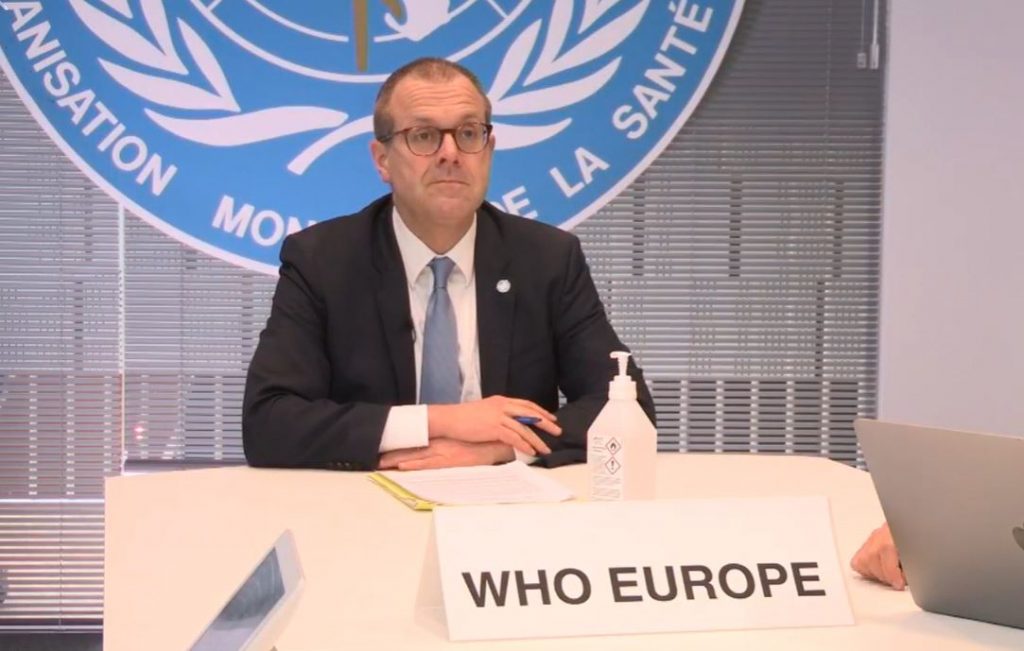The World Health Organisation’s (WHO) European director said that the covid-19 pandemic won’t end until every seventh person is vaccinated. The top medical official has also criticised Europe’s vaccine rollout as “too slow”.
Hans Kluge, the WHO-Europe director, urged all nation to accelerate the pace of their vaccination programmes. The populations must not become complacent about the pandemic, he added.
“The pandemic will be over once we reach 70 percent minimum coverage in vaccination,” Kluge said.
As of the end of May, in the 53 countries and territories that make up the WHO’s European region, only 26 percent of the population has received a first dose of a covid-19 vaccine. Inside the bloc itself, 36.6 percent of the population has received at least one dose and 16.9 percent have been fully vaccinated.
Now, the increased contagiousness of new variants becomes an alarming moment, so, the EU countries should intensify their efforts to inoculate as many as possible citizens.
“We know, for example, that the B.1617 (Indian variant) is more transmissible than the B.117 (British variant), which was already more transmissible than the previous strain,” Kluge noted.
Worldwide, new cases have dropped for four weeks in a row. But while vaccines have proven effective against coronavirus mutations, people must still be vigilant, Kluge emphasised.
EU shouldn’t be so slow in vaccination

Commenting on the current situation, Kluge said it is time to ‘finally give Covid-19 the red card.’ Kluge quipped, repeating advice to maintain social distances and wear face masks. “Our best friend is speed, time is working against us, (and) the vaccination rollout is still going too slowly,” Kluge said.
EU needs to accelerate, the bloc needs to enlarge the number of vaccines, the pandemic made people and countries to show more solidarity.
It is not acceptable that some countries are starting to vaccinate the younger, healthy part of the population, while other countries in our region have still not covered all the health care workers and the most vulnerable people.
